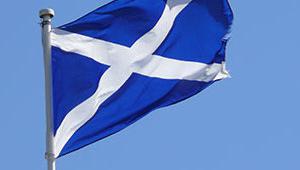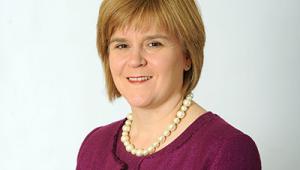After the collapse in oil revenues brought last year’s theoretical deficit to a record £14.8bn, now revised to £14.5bn, the 2016-17 tables show an improvement to £13.3bn, due largely to a stronger performance in the non-oil & gas sectors of the Scottish economy, which grew by 6.1%.
The public spending side of the balance, meanwhile, confirms the long-standing pattern of a higher per capita spend in Scotland, reflecting a range of factors such as more difficult geography, pockets of extreme deprivation and generally poorer public health.
Notional spend by all tiers of government in Scotland is put at £71.2bn, 9.2% of the UK total for 8.5% of the UK population, or £13,175 per head against the UK’s £11,738. Scottish tax contributions are estimated at £10,700 per head, more than £300 less than the average UK tax bill.
Prior to the drop in world oil prices, and a consequent slump in UK oil-related activities, the GERS figures had generally shown Scotland to be a net contributor to the UK public finances, on the basis of revenues from a presumed Scottish sector of the UK oil and gas fields.
Though some of the data used in the GERS figures have grown more accurate with the devolution of some taxes to Holyrood, there is still ample room to dispute the assumptions made about Scotland’s share of big UK spending programmes like defence, or revenue flows like corporation tax.
All sides in Scotland’s perennial constitutional debate found something of sustenance in the figures.
First minister Nicola Sturgeon stressed that the Scottish economy might be expected to be run differently under independence. She said the GERS showed underlying performance to be fundamentally strong, with non-oil growth at its strongest in 20 years. Finance secretary Derek Mackay pointed to signs of a revival in confidence among North Sea operators, but warned of dangers posed by Brexit.
Conservatives, by contrast, argued that the Scotland-UK differential in spending and tax revenues amounted to “a Union dividend of £1,750 per head”. Shadow finance secretary Murdo Fraser said: “When times are tough – as they have been in Scotland over the last few years – we can rely on the weight of the whole UK to ensure schools, hospitals and public services remain decently funded.”




















